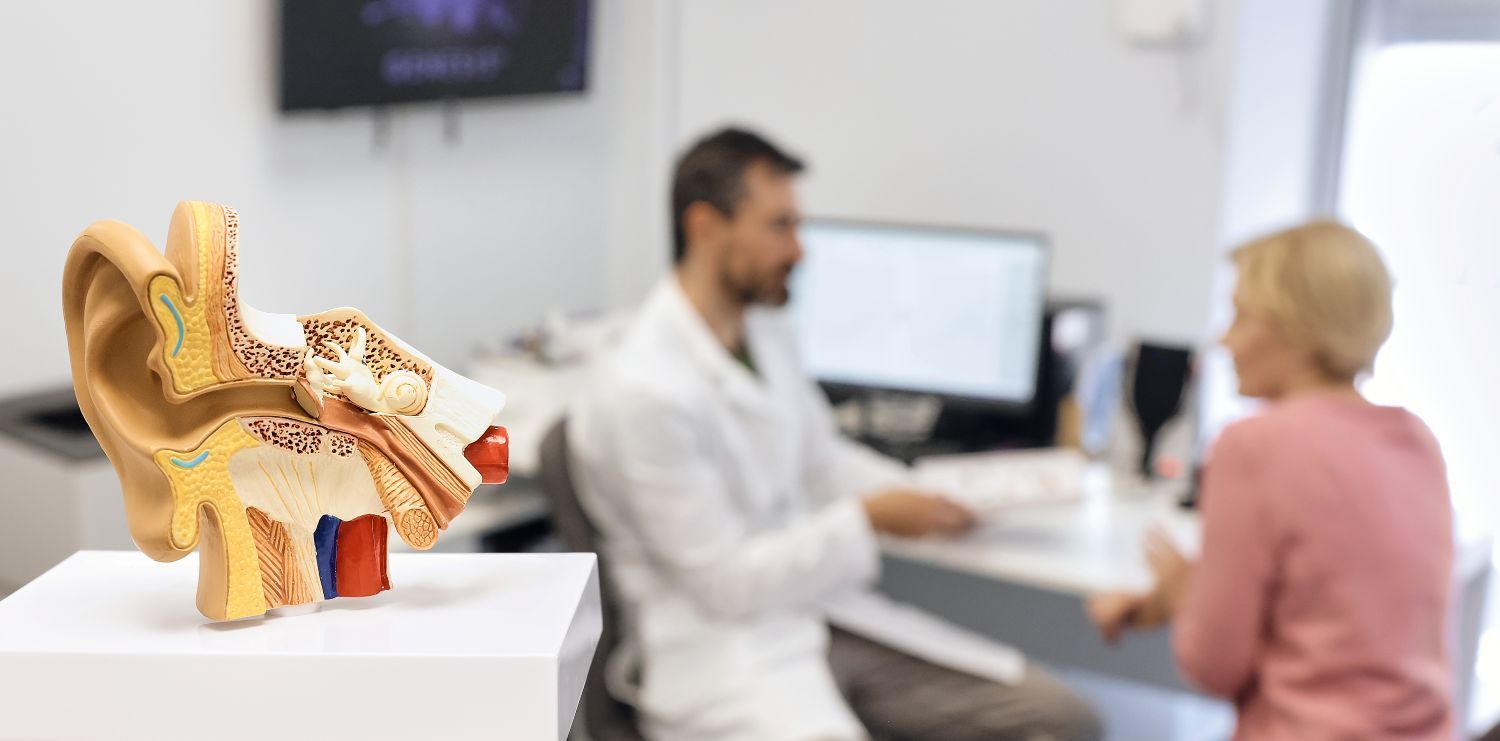How Hearing Aids Can Help with Hearing Loss
Hearing is essential to our daily lives, connecting us to conversations, experiences, and the world around us. For most people, it can take a while to recognize a hearing problem and take appropriate action. The sooner you take action, the more it helps you.
If you’ve been wondering whether hearing aids might be right for you, understanding the signs of hearing loss can help you make that decision and start taking appropriate action.
Recognizing the Signs of Hearing Loss
The first step is identifying whether you might be experiencing hearing loss. Hearing difficulties often develop gradually, making them easy to overlook. Common signs include frequently asking people to repeat themselves, struggling to follow conversations in noisy environments, or feeling as though others are mumbling. You might also notice turning up your TV or phone volume to levels others find uncomfortable. If these scenarios sound familiar, it’s worth investigating further.
Recognizing Situations That Test Your Hearing
Certain situations can highlight potential hearing challenges. For example, if you find group conversations or meetings exhausting because you strain to catch every word, it could point to hearing loss. Similarly, difficulty understanding phone calls or missing high-pitched sounds, like birdsong or doorbells, may indicate a problem. Paying attention to how you navigate these everyday scenarios can provide valuable clues about your hearing health.
When to Consult a Hearing Specialist
If you suspect hearing issues, the next step is to consult a specialist, such as an audiologist or an ear, nose, and throat (ENT) doctor. They can perform a thorough hearing test, assess your hearing range, and determine the extent of any loss. Even mild hearing loss can impact your communication and relationships, so it’s important not to delay seeking professional advice.
How Hearing Aids Can Help
Hearing aids are small devices designed to improve your hearing by amplifying sounds. Modern hearing aids are highly advanced, offering features like noise reduction, smartphone connectivity, and customizable settings. They are not one-size-fits-all; an audiologist will help you choose the right device based on your specific needs and lifestyle. Hearing aids can help you engage more easily in conversations, enjoy music and media, and regain confidence in social settings.
Common Hearing Aid Misconceptions
Many people hesitate to get hearing aids because they have heard harmful hearing aid myths. For instance, some believe hearing aids are only for older adults, but hearing loss can affect people of all ages. Others worry about the stigma associated with wearing them, but today’s hearing aids are discreet and effective. Understanding these devices better can help you overcome any reservations about using them.
Why Early Action Matters
Delaying treatment for hearing loss can lead to more significant challenges over time. Untreated hearing loss has been linked to social withdrawal, cognitive decline, and reduced job performance. Taking proactive steps helps you stay connected to the people and activities you love.
Evaluating Your Options
If a hearing test confirms the need for hearing aids, take time to evaluate your options. Modern hearing aids come in a variety of styles, including in-the-ear and behind-the-ear designs. Your audiologist will guide you through the selection process, helping you find a solution that keeps you comfortable and also meets your needs. Adjusting to hearing aids may take time, but most users find the effort worthwhile. Follow the guidance of your audiologist for proper use and care.
Take charge of your hearing health today with us at ENT Medical and Surgical Group. Our expert team provides comprehensive evaluations, personalized treatment plans, and advanced hearing solutions tailored to your needs. Contact us today to learn more!













